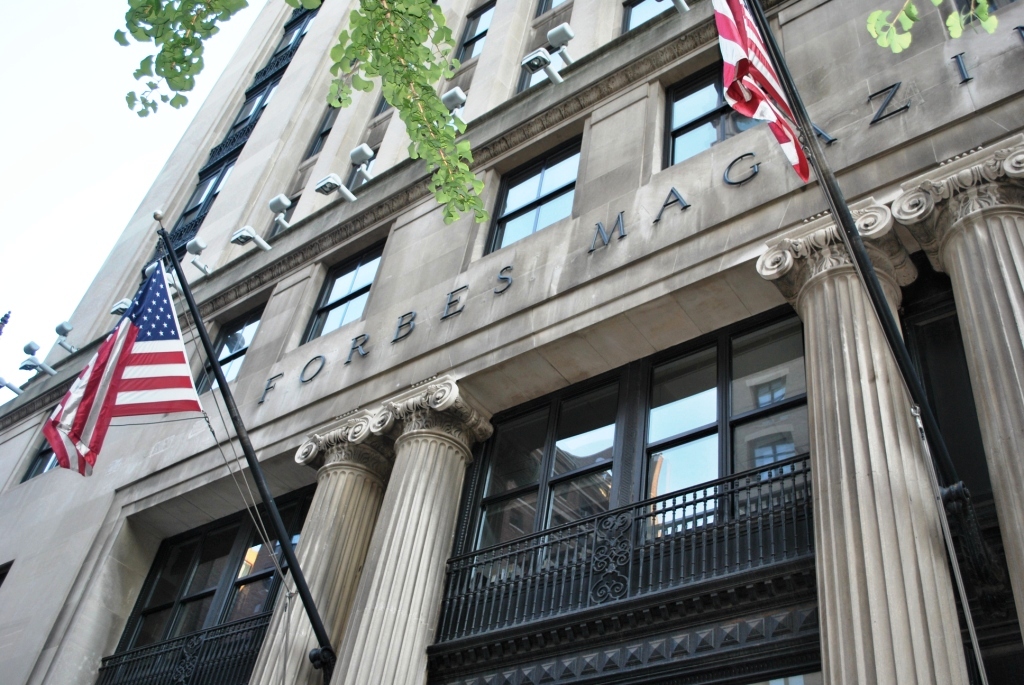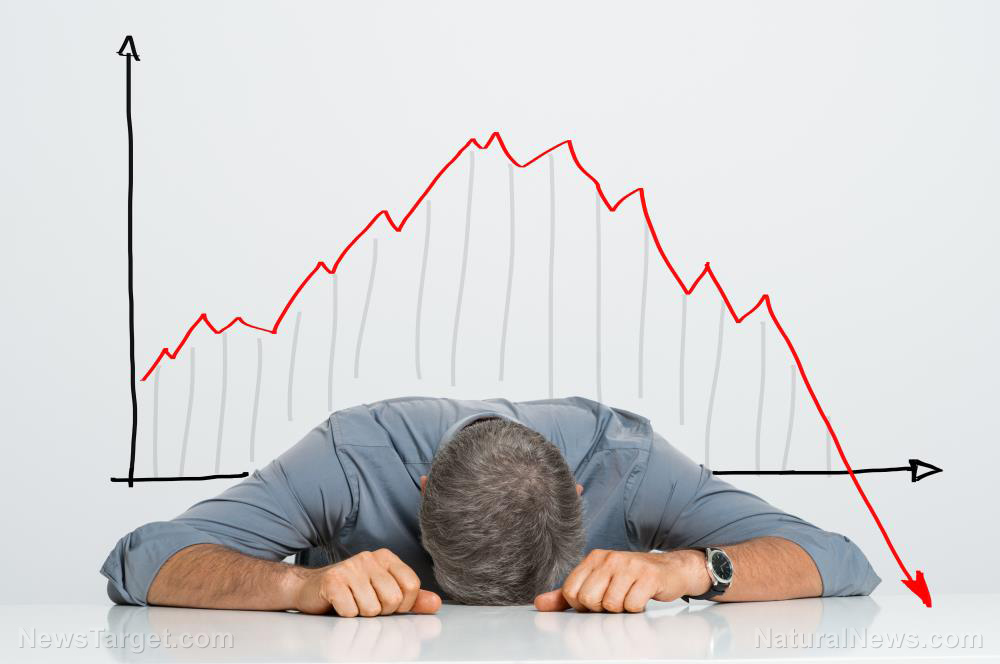Is Credit Suisse about to collapse? Bank admits “material weakness” as shares plunge and investors panic
03/16/2023 / By Ethan Huff

The latest bank on the chopping block appears to be Credit Suisse, a Swiss bank whose shares plunged this week after the company announced a “material weakness” problem with its operations.
Shares in Credit Suisse fell to an all-time low this week following the announcement, which came just days after Silicon Valley Bank (SVB), Signature Bank, First Republic, and Pac West entered a financial death spiral from the contagion.
Switzerland’s second-largest bank, Credit Suisse confirmed some $8 billion in losses in 2022 because of the material weakness. Now, the United States Securities and Exchange Commission (SEC) is warning the bank that it is in jeopardy of providing a misstatement over the accounting of cash flows in 2019 and 2020, which is why it delayed its annual report until this week.
According to Credit Suisse, the “weakness” in its books stems from a “failure to design and maintain an effective risk assessment process to identify and analyze the risk of material misstatements.” In other words, Credit Suisse is a poorly run bank that likely committed all kinds of fraud that were ignored or overlooked because had it been exposed, the company would have gone kaput a long time ago.
U.S. dollar “losing its hegemony,” says expert who correctly predicted 2008 financial crisis – hyperinflation soon to come
CEO Ulrich Koerner says the trouble his bank faces are completely unrelated to the collapse of SVB – do you believe him? – explaining to the corporate-controlled media in a recent statement that “SVB credit exposure is not material.”
“It’s a very different situation,” Koerner went on to state. “We are following materially different and higher standards when it comes to capital funding, liquidity and so on.”
Despite this hollow reassurance, many are deeply concerned that Credit Suisse will be the next shoe to drop in the inevitable banking collapse that, quite frankly, has been a long time coming.
It “looks increasingly like a possible general meltdown of banks,” commented Irish macroeconomist Philip Pilkington about the matter. “Losses on bonds and mortgage-backed securities (MBS) are huge. Credit Suisse may just be amongst the weaker members of the pack.”
American entrepreneur and author Robert Kiyosaki, who correctly predicted the collapse of Lehman Brothers in 2008, which we know was the spark that set off the global financial crisis at that time, holds a similar view about Credit Suisse.
“The problem is the bond market, and my prediction, I called Lehman Brothers years ago, and I think the next bank to go is Credit Suisse because the bond market is crashing,” Kiyosaki told Fox Business this week. “The bond market is much bigger than the stock market. The Fed is up and they’re the firemen and the arson.”
“The U.S. dollar is losing its hegemony in the world right now,” he added. “So they’re going to print more and more and more of this … trying to keep this thing from sinking.”
“The [Federal Reserve] and the [Federal Deposit Insurance Corporation] are signaling hyperinflation, which makes gold and silver even better because [the dollar] is trash. They are going to print more and more of this fake money. This is what the Fed and the FDIC are signaling, that we are going to print as much of this as possible to keep the crash from accelerating, but they are the guys causing it.”
The Swiss Central Bank has indicated that it will “backstop” Credit Suisse, much like the FDIC is doing here in the U.S. with SVB, to try to stop the bleeding.
The latest news about the collapse of the banking industry and the fiat currency scheme backing it can be found at Collapse.news.
Sources include:
Submit a correction >>
Tagged Under:
bank run, banks, Collapse, contagion, Credit Suisse, debt bomb, dollar demise, economic collapse, Federal Reserve, fiat, finance riot, inflation, interest rates, Lehman Brothers, material weakness, money supply, pensions, risk, Silicon Valley Bank, SVB
This article may contain statements that reflect the opinion of the author
RECENT NEWS & ARTICLES
COPYRIGHT © 2018 MONEYSUPPLY.NEWS
All content posted on this site is protected under Free Speech. MoneySupply.news is not responsible for content written by contributing authors. The information on this site is provided for educational and entertainment purposes only. It is not intended as a substitute for professional advice of any kind. MoneySupply.news assumes no responsibility for the use or misuse of this material. All trademarks, registered trademarks and service marks mentioned on this site are the property of their respective owners.



















